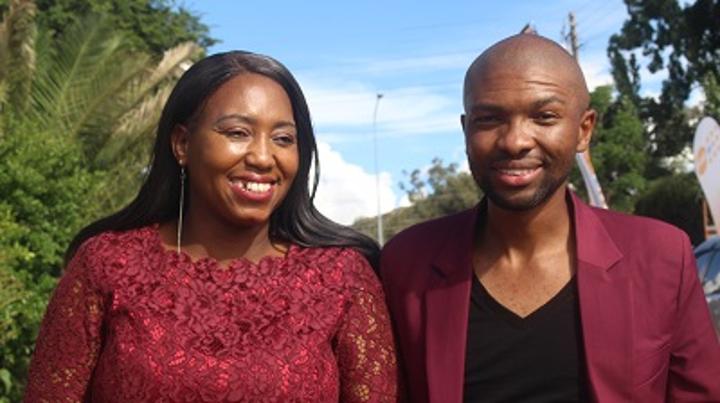Africa-Press – Lesotho. Lesotho Media Institute for Southern Africa (MISA) in collaboration with the United Nations Population Fund (UNFPA) held Journalism Awards on good reporting in Sexual Reproductive Health Rights
(SRHR) competition on Friday. The awards were open for journalists in radio, print and online and television, for which participants were to report stories on SRHR. SRHR Journalism Awards Adjudicator Tšiu
Tšiu said from a total of 68 entries, 56 were produced online, nine reported through radio programs and three on television programs. The first prize winner on radio
category is Lieketseng Latela (Laptop), print and online category Ntsoaki Motaung (Laptop), consolation prizes Limpho Sello (Voice recorder) and for television
category there were no first prize and second prize winners while Thapelo Mabote went away with a tablet as the third prize. In an exclusive interview with Informative
Newspaper, Radio Lesotho journalist and radio category first prize winner Lieketseng Letela said she did not want to miss this opportunity, saying she hastened to prepare for the SRHR Journalism Awards Competition immediately
when she heard the call. She said she is very happy that she is one of the winners. “Indeed the journey was not that easy, I encountered some challenges
during broadcasting where I had to start the program afresh and at some point it was hard to find sources but at the end I managed to deliver and thus
receive the prize,” Latela said. MISA Lesotho Deputy Chairperson Kananelo Boloetse said it is a beautiful coincidence that the awards are held on a very important day, the International Human Rights Day, and emphasized
that SRHR issues are human rights issues that deserve attention as much as other human rights. “In 2019, journalists made commitment to write about particular issues and set the agenda because of recognizing that there is lack
of reporting on those issues at that time. Immediately after that, there was a third wave of Coronavirus that almost distracted us and divided our attention
but despite the challenges, we remained committed to reporting about SRHR. I thank UNFPA for making this dream come true because after almost two years, not
everyone was hoping that this milestone will be achieved,” Boloetse enlightened. UNFPA Communications Officer Violet Maraisane said UNFPA has realized that reporting on SRHR was sporadic so there
were no more reports on these issues. “We recognized the power of media in this regard, particularly through the agenda setting role. We know that if it is put
out there it will be discussed with the public and eventually the policy is likely to be changed due to your own reports in advocating for issues of SRHR and to increase access to SRHR services for our women and girls even to those who are left furthest behind,” she explained.
For More News And Analysis About Lesotho Follow Africa-Press






